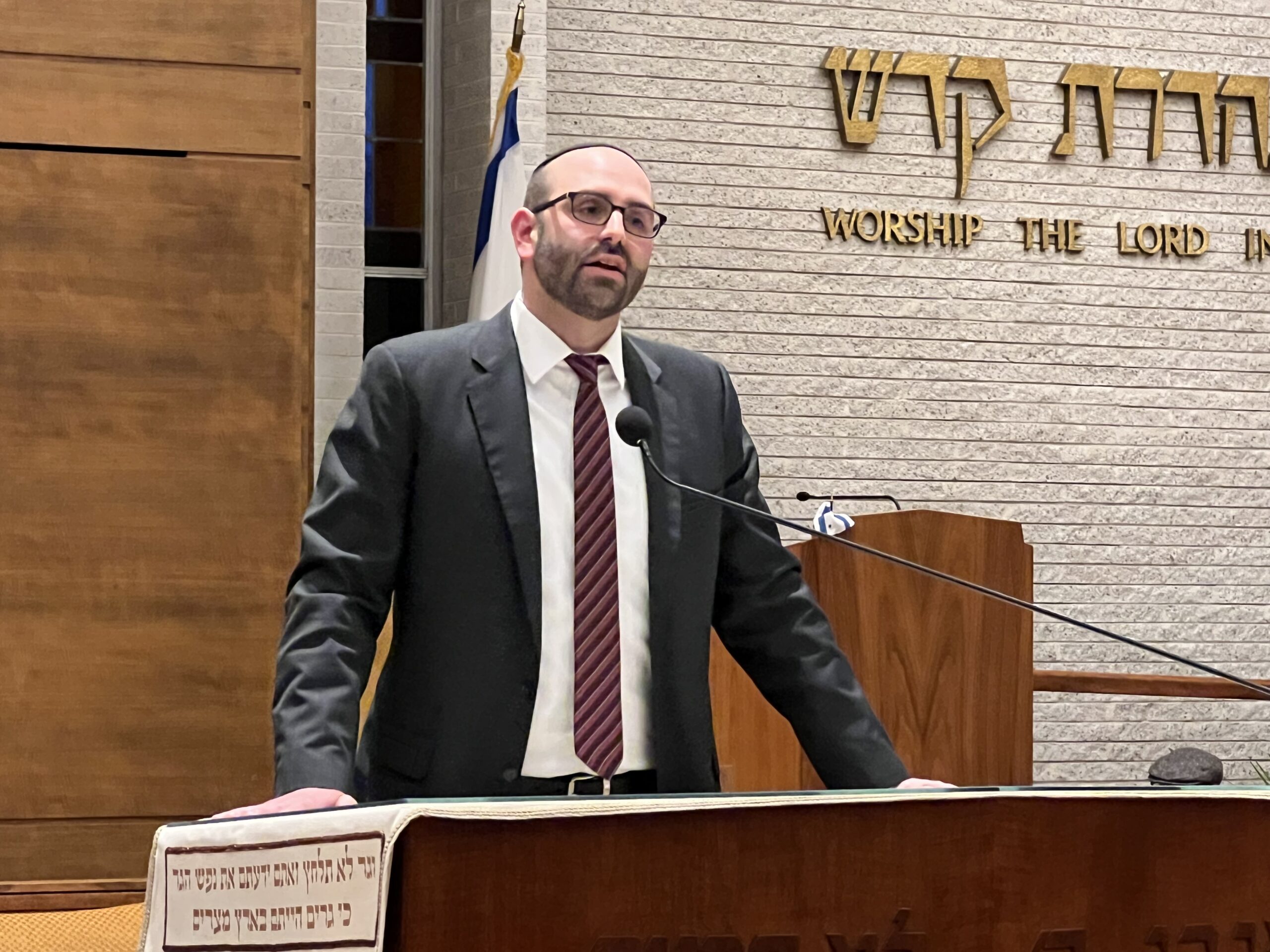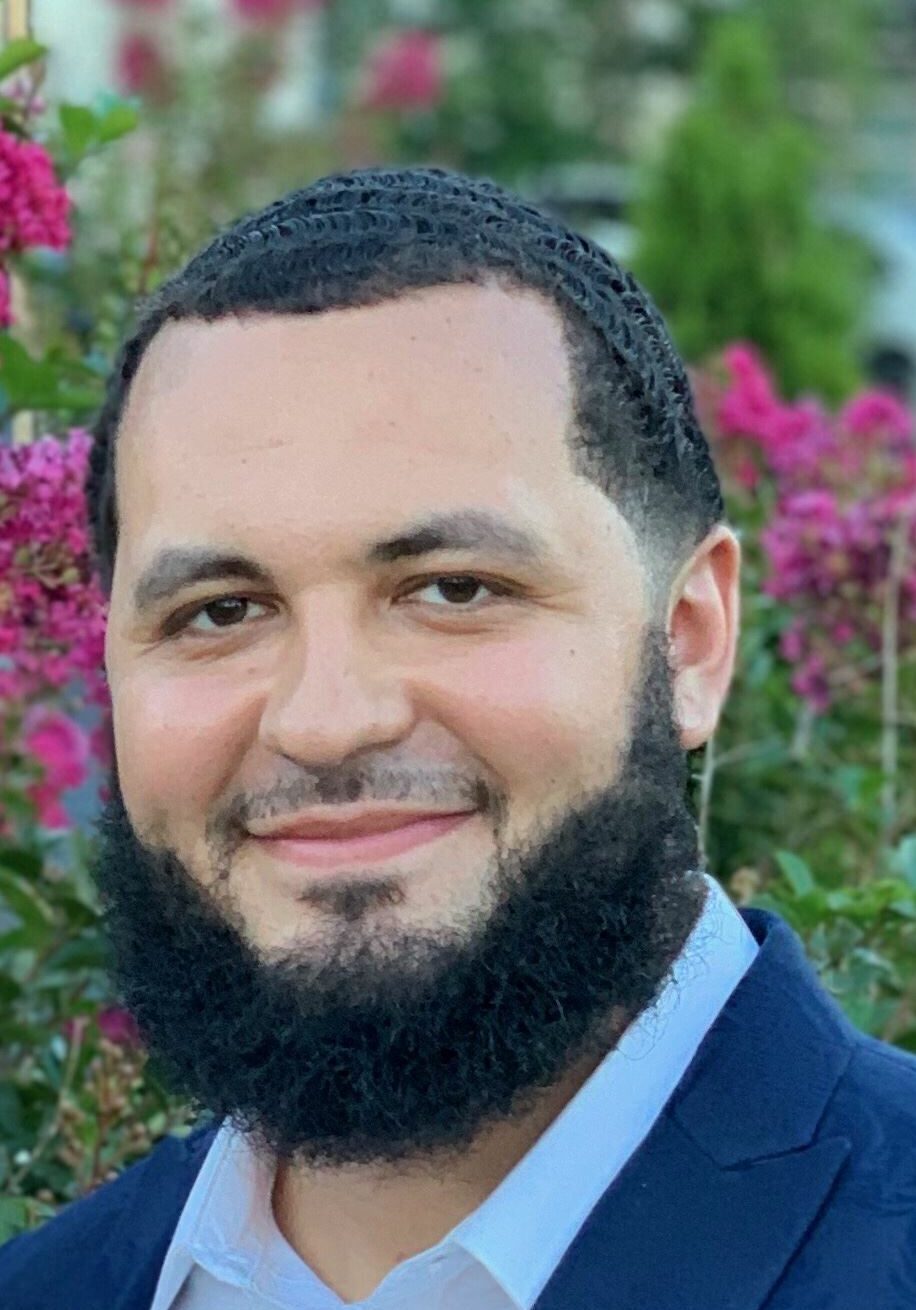DelVal’s Dean Signs Letter Urging Biden to Cut Off Military Aid to Israel

Montgomery County Democratic Congresswoman Madeleine Dean joined some of the loudest anti-Israel voices in Congress in a public letter urging President Joe Biden to cut off U.S. military support to Israel in the midst of a war with the terror group Hamas.
The April 5 letter was signed by 40 Democrats, including prominent pro-Palestine progressives like Reps. Summer Lee (D-Pa.), Rashida Tlaib (D-Mich.), and Ilhan Omar (D-Minn.).
The letter, also signed by former Speaker of the House Nancy Pelosi (D-Calif.), mentions the accidental Israeli strike that killed seven World Central Kitchen aid workers.
“If this strike is found to have violated U.S. or international law, we urge you to continue withholding these transfers until those responsible are held accountable. We also urge you to withhold these transfers if Israel fails to sufficiently mitigate harm to innocent civilians in Gaza, including aid workers, and if it fails to facilitate – or arbitrarily denies or restricts – the transport and delivery of humanitarian aid into Gaza,” the letter states.
It’s not the first controversial Democratic letter targeting Israel since the Oct. 7 Hamas terror attack.
Rep. Mary Gay Scanlon (D-Pa.) drew heat in November when she signed a controversial letter calling for a ceasefire and condemning Israel’s military and accusing it of “grave violations against children.” The letter was penned by Rep. Alexandria Ocasio-Cortez (D-N.Y.), among other Democrats, and did not call for the release of Israeli hostages, who include women, children, the elderly, and Americans. After hearing from constituents with a hostage family member, Scanlon then condemned Hamas and called for the hostages’ release.
Calling for an end of military aid to Israel, one of America’s closest allies is the latest sign that the Democratic Party is abandoning its longtime history of supporting the Jewish nation.
The day before the letter was signed, Biden announced Israel must submit “without delay” to an “immediate ceasefire” with Hamas, even as the terror group holds more than 100 hostages and continues to attack Israel. And, Biden’s Secretary of State Anthony Blinken said, Israel is at risk of becoming indistinguishable from Hamas if it continues to fight in Gaza.
It’s language American presidential administrations of the past would never have used. But many Democrats agree, including here in Pennsylvania.
While Rep. Susan Wild (D-Pa.) did not sign the April 5 letter, she’s called for a ceasefire in the war between Hamas terrorists and Israel, changing her initial support for the Jewish nation.
“I’ve long been calling for a negotiated, mutual ceasefire. But the urgency of getting the remaining hostages home, and getting aid to Palestinian civilians, makes it essential that a halt to this war happen now,” Wild posted on X.
Another Delaware Valley Democrat, Rep. Chrissy Houlahan, issued a press release saying she supports “Israel’s right to protect its citizens and sovereignty against the atrocities perpetrated by Hamas.” However, since the airstrike that killed the aid workers, she said she was “outraged and heartbroken by the deaths of more than 30,000 people in Israel and Gaza since Hamas’ attack on Oct. 7 and was shocked to read about the Israeli airstrike in Gaza that claimed the lives of seven aid workers from the World Central Kitchen. My heart is with the families and loved ones of those who were killed in this senseless act of violence; indeed, my heart remains with each and every family and loved one who has been affected since Oct. 7.” She demanded that Israel “can and must do better.” But one Pennsylvania Democrat who continues to call out Hamas’ terrorism and defend Israel is Sen. John Fetterman (D).
“In this war against Hamas—no conditions for Israel,” Fetterman posted on X. And instead of blaming Israel for civilian deaths, Fetterman pointed out it is Hamas that launched the war and used innocents as human shields.
“It’s absolutely heartbreaking… it’s a war, and it’s absolutely terrible,” Fetterman said. “What is going on? Hamas is hiding behind civilians. Israel has the right to defend themselves and destroy Hamas.”
Please follow DVJournal on social media: Twitter@DVJournal or Facebook.com/DelawareValleyJournal
















